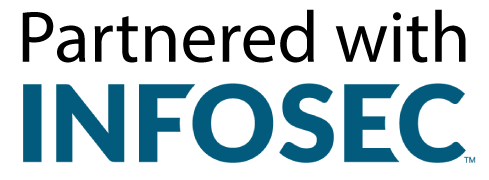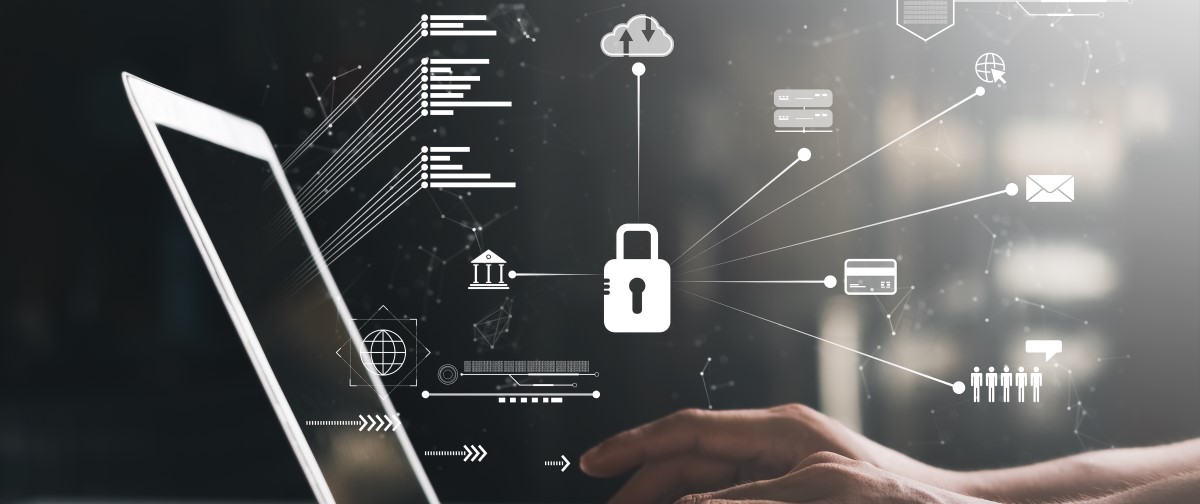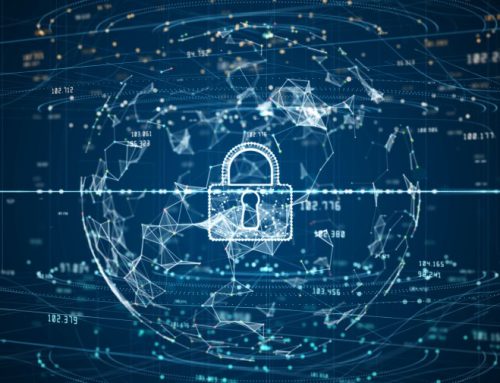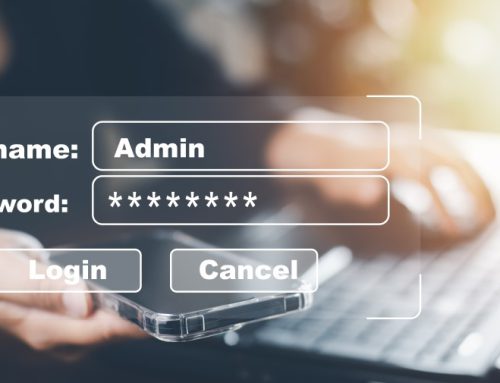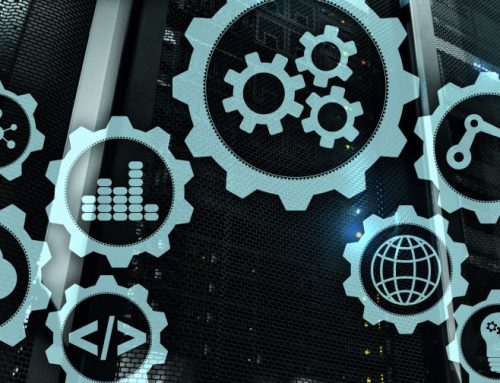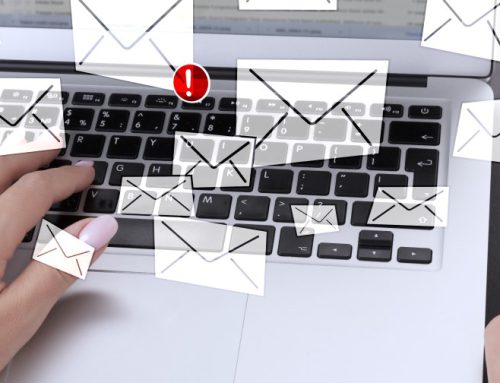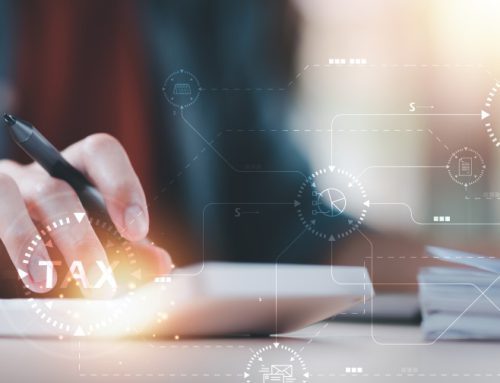
Data privacy and PII
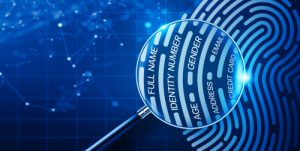
Protecting PII
Personal information must be protected and handled securely at every stage of its life cycle. That includes when the data is at rest, when it’s in transit and when the data is in use.
Data at rest
When data is at rest, it’s important to use encrypted storage devices and cloud accounts. Access to the data should be restricted to only those who need it.
Data in transit
When data is in transit, PII should be encrypted and sent only to authorized individuals.
Data in use
When PII is in use, employees should only access data they need to perform their duties. They should not attempt to view any PII beyond their proper access level. And employees should refrain from discussing or sharing any PII with unauthorized people.
PII is the key to identity. When you handle PII as part of your job, it’s your responsibility to keep other people’s data secure. Local privacy laws may vary, so follow your organization’s policies and procedures. By carefully handling data you are entrusted with, you protect yourself, your customers and your organization.
Want to learn more?
We understand that exceptional service delivery is only possible when our team is fully committed to purpose-driven work. That’s why we’re proud to lead the way in creating a culture of personal growth, development, and accountability. We believe that building strong relationships through trust and reliability is key to becoming an exceptional industry leader. Our ultimate goal is to help our clients succeed in today’s complex business environment.
